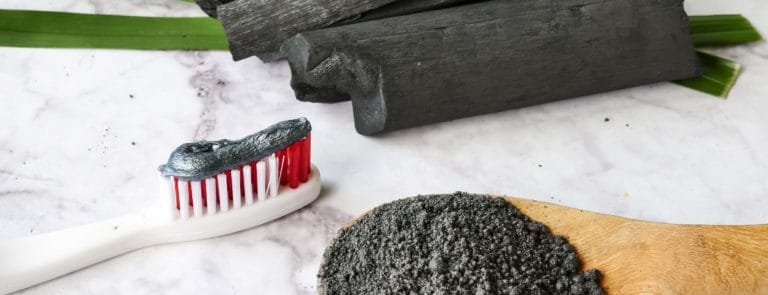10% off £35
The importance of calcium to dental health

Calcium is an important mineral which people of all ages need for building and maintaining strong bones and teeth. It’s one of the most abundant minerals in the body, but your body can’t make it, so you must get it from your diet. But what is the importance of calcium for your dental health? That’s exactly what we’re covering in this article, so stay tuned to find out.
Skip to:
What is calcium?
Let’s start off with the basics, what actually is calcium? Important for several functions within your body, calcium helps your blood to coagulate (clot) and works with magnesium for muscle contraction and heartbeat regulation.1
However, it’s most known for being the mineral which makes up your bones and tooth enamel - aka the hard, protective outer layer on your teeth. 99% of your body’s calcium is found in the bones and teeth.2
The importance of calcium
The importance of calcium
If you got plenty of calcium from your diet growing up, chances are you’ll have developed strong and healthy adult teeth. However, getting enough calcium isn’t just for kids. The calcium in your teeth is constantly being used and replenished by the body, so your calcium levels can become low at any time in your life if you’re not getting enough of this essential mineral.
Your teeth and bones can store calcium for use when its reserves are low, but it’s best to keep providing your teeth and bones with calcium as your body needs a steady intake.1 This is why it’s important to keep your calcium levels topped up at all times.


How calcium helps your teeth
Now you know the link between calcium and bone health, you might be wondering how it affects your teeth… Well, many dentists believe that calcium helps to protect our mouths from oral bacteria. It likely does so by aiding to remineralise tooth enamel, which in turn supports your teeth and repairs potential damage caused by bacteria.3,4
Symptoms of calcium deficiency
What happens if you don’t get enough calcium then? Interestingly, signs of a calcium deficiency might not show up in teeth at first, but over time it may lead to loose teeth, enamel loss and potentially even tooth loss. In fact, one scientific study on 145 participants highlighted a link between a low calcium intake and losing teeth.5
Symptoms of low calcium levels that aren't related to your dental health include muscle cramps, fatigue, weak and brittle nails.6
Sources of calcium
Sources of calcium
So what are some of the best sources of calcium to add to your diet? The top calcium rich foods include dairy products such as cheese and yoghurt, brown rice, tofu, nuts and seeds, cabbage, watercress, beans, broccoli, and fish with soft, edible bones such as sardines.1
Calcium and vitamin D together have been shown to reduce tooth loss in the elderly, so if you’re worried about the strength of your teeth, get plenty of sunshine if possible and consider taking a vitamin D supplement of 10mcg per day, as recommended by NHS guidelines.7,8


The final say
While we all know the importance of calcium for bones and joints, it can have an impact on our dental health too. That’s why it’s important to try and get enough calcium through your diet or by using a supplement. Having said this, if you have some concerns about changing your calcium intake, do speak to your GP for personalised advice. Learn more about your bone, muscle and joint health on our Health Hub.
Advice is for information only and should not replace medical care. Please consult a doctor or healthcare professional before trying any remedies.














